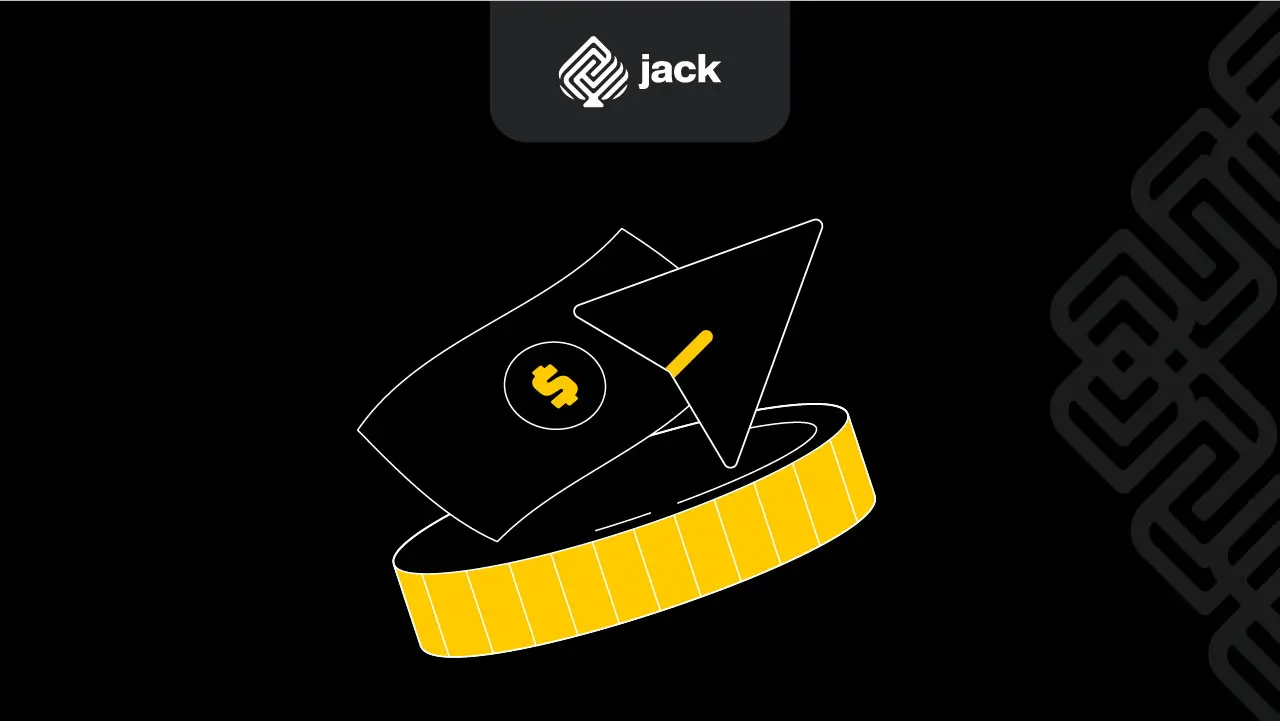When you pay with QRIS at a coffee shop or transfer money between banks using a mobile banking app, have you ever wondered who ensures everything runs smoothly and securely? The answer lies in the role of Bank Indonesia in the payment system.
As the central bank, Bank Indonesia (BI) is more than just the guardian of the rupiah’s value. BI is a key player in regulating, supervising, and even encouraging innovation in Indonesia’s payment system. All of this is done with one goal in mind: to ensure that financial transactions, from the simplest to the most complex run smoothly, efficiently, and safely.
Let’s dive deeper into how BI works behind the scenes of our increasingly sophisticated and digital payment system.
Read also: Easier, Automatic, and Real-Time Transactions with API Disbursement
Why Does the Payment System Need to Be Regulated?

The payment system isn’t just about transferring money from A to B. It’s a vast ecosystem involving banks, fintech companies, merchants, and the public. The instruments vary from cash, cards, digital wallets, virtual accounts, to even blockchain-based payments.
With such complexity, an authority is essential to regulate, supervise, and facilitate the system. This is where Bank Indonesia steps in, maintaining stability and efficiency across all transactions.

The Role of Bank Indonesia in the Payment System
Bank Indonesia is mandated to ensure the smooth and secure operation of the national payment system. Below are BI’s main roles in this space, explained in simple terms.
1. Payment System Regulator
Bank Indonesia designs policies and regulations that serve as guidelines for all payment system participants. This includes transaction security standards, fee structures, and operational licenses.
For instance, BI’s regulation on electronic money ensures that every digital wallet you use, like GoPay or OVO, operates under rules that protect user funds.
BI also sets the technical procedures for clearing and settlement systems, making sure no party is disadvantaged during fund transfers.
2. Transaction Security Supervisor
With digitalization comes risk that is fraud, data breaches, and more. BI acts as the watchdog, ensuring every transaction happens in a secure environment.
BI oversees all payment system providers such as banks, fintechs, and switching institutions. Every player must comply with strict security standards, including encryption, multi-factor authentication, and real-time transaction monitoring.
3. Operational License Provider
BI also acts as a licensing authority. Any company that wants to operate in the payment system space such as e-wallets, payment gateways, credit card issuers must get a license from BI.
This process ensures that payment providers have the technical, financial, and operational capabilities to serve the public safely.
With this licensing system, users can feel confident in the legitimacy and security of the services they use.
4. Innovation Facilitator & Infrastructure Developer
We all want faster, more efficient transactions. That’s why BI facilitates innovation by developing payment infrastructure.
Some of BI’s key initiatives include:
- BI-FAST, a real-time interbank transfer system that is cheap and fast
- QRIS (QR Code Indonesian Standard) to standardize QR-based payments
- Open API system to encourage collaboration between banks and fintechs
These efforts aim to create a payment ecosystem that is inclusive and tech-friendly.
5. Risk Mitigation in Transactions
Every transaction, no matter how small, carries some risk like failed payments, double processing, or even cybercrime. BI works to minimize these risks through regulation, supervision, and public education.
One example is BI’s regulation on Fund Transfers and E-money, which outlines technical and operational standards. BI also educates the public on how to conduct digital transactions safely and wisely.
6. Driving Efficiency in the Payment System
Efficient transactions aren’t just good for users—they also fuel economic growth. That’s why BI continuously works to optimize the national payment system.
This includes:
- Modernizing the clearing and RTGS systems
- Digitizing government payment services (e.g., digital tax payments)
- Drafting a roadmap for Indonesia’s financial system digital transformation
Greater efficiency benefits not only everyday users, but also empowers businesses to grow faster.
Read also: How to Choose the Best Virtual Credit Card Services
BI and Financial Inclusion

Many people don’t realize that one of Bank Indonesia’s major missions is to promote financial inclusion. By expanding access to secure and affordable payment services, BI aims to ensure everyone including those in remote areas can benefit from the digital economy.
Programs like the Regional Government Transaction Electronification (ETPD) and partnerships with local fintechs to distribute social assistance digitally are proof of this commitment.
Use Jack for your business needs
Every time you tap a card, scan a QR code, or send money through an app, it all works thanks to a strong, well-maintained payment system backed by Bank Indonesia. The role of Bank Indonesia in the payment system isn’t just about regulation, it ensures that every transaction is secure, efficient, and trustworthy.
As digital transformation accelerates, a strong payment system is essential for economic growth. To support your growing business needs, Jack offers complete financial solutions including corporate cards, local transfers, international transfers, bill payments, payroll, reimbursement, and virtual accounts. All managed easily, quickly, and securely on one platform.






